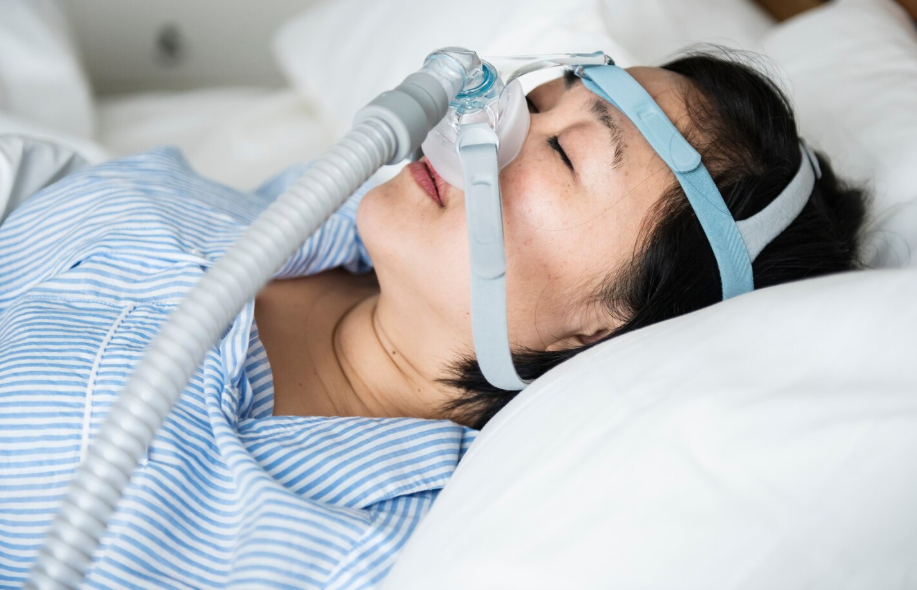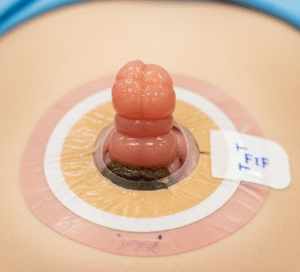Overview
Chronic Fatigue Syndrome (CFS), also known as Myalgic Encephalomyelitis (ME), is a complex, long-term disorder characterized by extreme fatigue that cannot be explained by any underlying medical condition. In Korea, specialized neurology and internal medicine clinics provide diagnosis, symptom management, and supportive care to help patients maintain daily functioning and quality of life.
What is Chronic Fatigue Syndrome?
CFS is defined by persistent fatigue lasting six months or longer, which is not relieved by rest and significantly impairs daily activities. The exact cause is unknown, but it may involve immune system dysfunction, viral infections, hormonal imbalances, or stress-related triggers. The condition can affect children and adults, with varying severity.
Symptoms
- Persistent, unexplained fatigue lasting ≥6 months
- Muscle and joint pain without inflammation
- Cognitive difficulties (“brain fog”), memory, and concentration problems
- Sleep disturbances, including unrefreshing sleep
- Headaches and sore throat
- Swollen lymph nodes
- Post-exertional malaise, where symptoms worsen after physical or mental activity
- Dizziness or lightheadedness
Causes
- Exact cause is unknown
- Viral infections (e.g., Epstein-Barr virus, enteroviruses)
- Immune system abnormalities
- Hormonal or endocrine dysfunction
- Genetic predisposition
- Physical or psychological stress
Risk Factors
- Female gender (more commonly affects women)
- Ages 40–60 years, though younger and older patients can be affected
- History of viral infection or prolonged illness
- Stressful life events or trauma
- Pre-existing autoimmune or chronic conditions
Complications
- Reduced ability to perform daily activities or maintain employment
- Sleep disorders and chronic insomnia
- Mental health challenges, including depression and anxiety
- Social isolation due to limited physical capacity
- Long-term disability in severe cases
Prevention
- No guaranteed prevention, but risk reduction includes:
- Managing stress and maintaining a balanced lifestyle
- Prompt treatment of viral infections and other illnesses
- Gradual return to activity after illness rather than sudden exertion
- Regular sleep patterns and adequate rest
Treatment Options in Korea
There is no cure for CFS, so treatment focuses on symptom management and improving quality of life:
- Medications:
- Pain relievers for muscle and joint pain
- Sleep aids for insomnia
- Antidepressants or anxiolytics for mood disorders
- Medications for orthostatic intolerance or other associated symptoms
- Therapies:
- Cognitive Behavioral Therapy (CBT) to help manage fatigue and coping strategies
- Graded Exercise Therapy (GET) in carefully monitored settings
- Physical therapy for muscle strength and endurance
- Specialized centers in Korea:
- Seoul National University Hospital, Samsung Medical Center, Asan Medical Center, Severance Hospital
- Multidisciplinary teams including neurologists, rehabilitation specialists, psychologists, and sleep medicine experts
- Follow-up care:
- Regular monitoring of fatigue levels and functional capacity
- Support for daily activity management
- Psychological counseling and patient support groups













